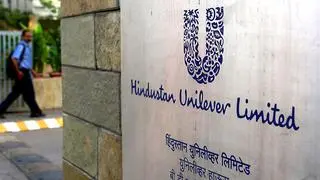FMCG giant Unilever has tied up with Internet.org, a Facebook-led alliance of partners, to understand better how Internet access can be increased to reach millions more people across rural India. Just 13 per cent of the Indian population has Internet access.
As part of the tie-up Internet.org and Unilever will carry out a comprehensive study to examine the opportunities to increase Internet adoption in rural communities. Apart from infrastructure and cost, which are known barriers to connectivity, the partnership will carefully evaluate other educational and cultural factors that also limit Internet use.
Unilever and Internet.org will leverage this research to inform the development of a series of on-the-ground projects with the aim of improving lives in rural India through better connectivity.
Unilever has extensive experience developing and deploying programmes for rural consumers. For example, Lifebuoy, the world’s leading health soap, has been promoting handwashing awareness in rural India for several years and has successfully enabled women in remote communities to enhance their incomes through the Shakti project.
Keith Weed, Chief Marketing and Communications Officer, Unilever said, “Having no Internet access naturally removes all associated opportunities that it brings which, in turn, can be a barrier to learning and ultimately hinder economic development. Through our long history of serving the Indian market we bring an in-depth understanding of rural Indian communities. We hope, together with Internet.org, we can use this knowhow to understand better how a vital modern resource can benefit many more millions.”
Chris Weasler, Director of Global Connectivity, Facebook said, “the Internet not only connects us to our friends, families and communities, but it’s also the foundation of the global knowledge economy and a way to deliver basic financial services, health and educational tools. In partnership with Unilever, we hope to break down the barriers to access and, in turn, provide millions of people with the information that can help them, and their communities, thrive.”







Comments
Comments have to be in English, and in full sentences. They cannot be abusive or personal. Please abide by our community guidelines for posting your comments.
We have migrated to a new commenting platform. If you are already a registered user of TheHindu Businessline and logged in, you may continue to engage with our articles. If you do not have an account please register and login to post comments. Users can access their older comments by logging into their accounts on Vuukle.